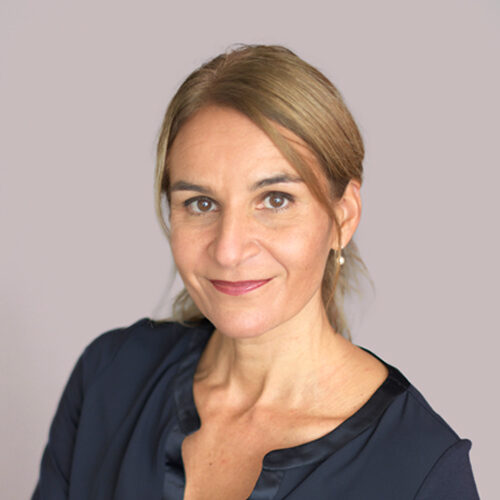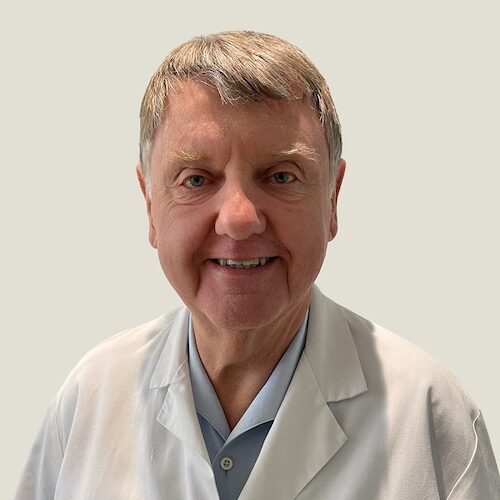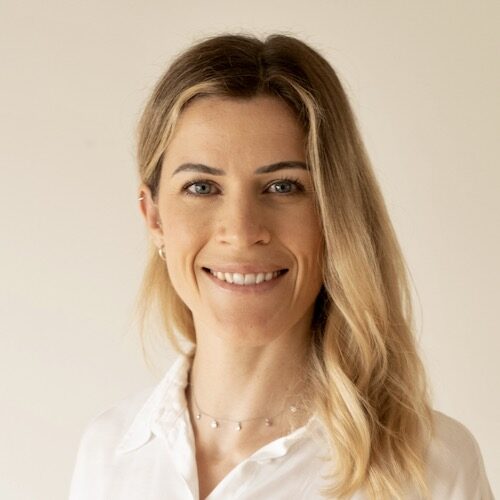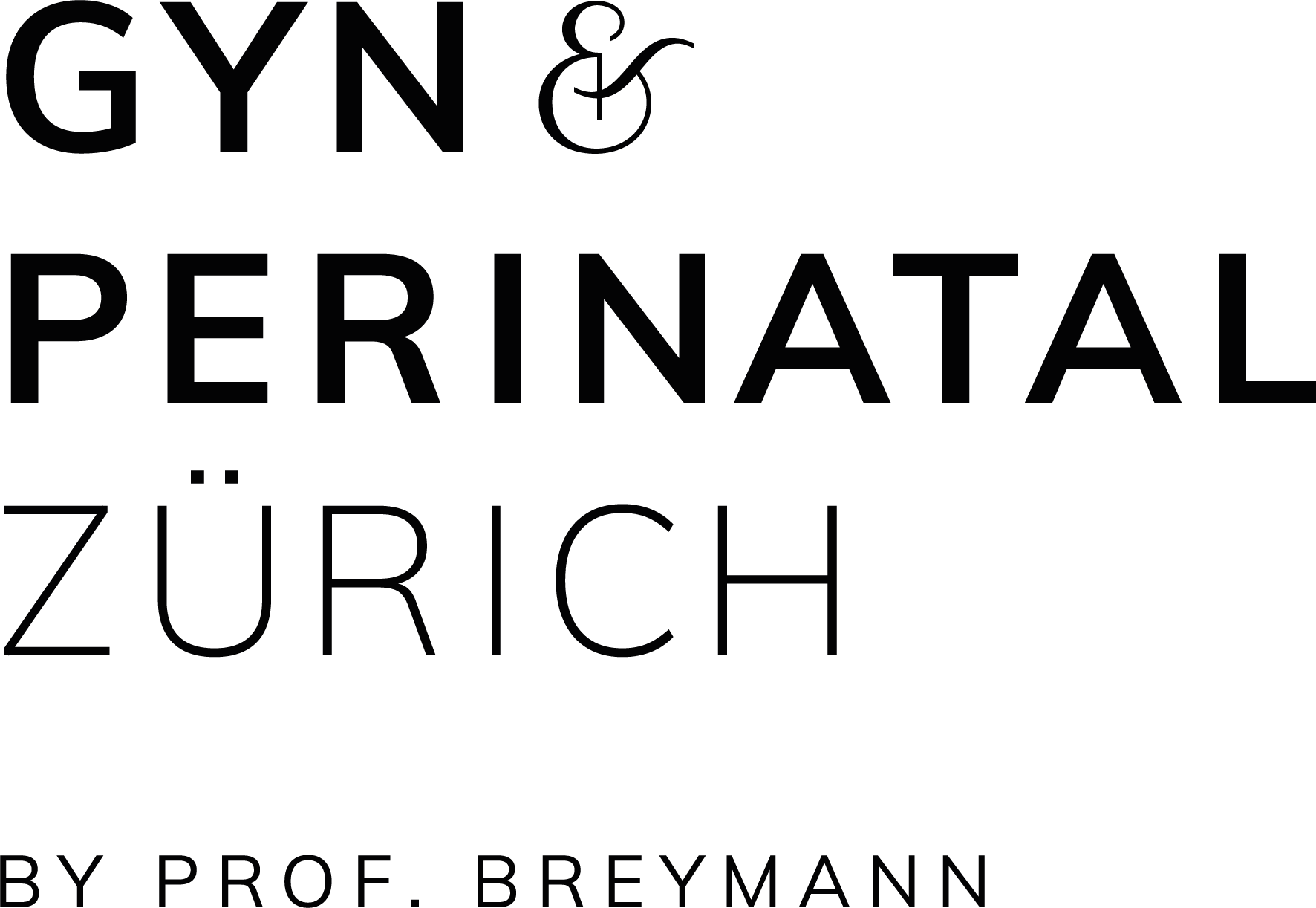Grisons women become mothers late
Even 50 years ago, Swiss women were older than the European average when their first child was born. However, there are also differences in the cantonal comparison.
Text: Romina Kranz (Editor, Südostschweiz from January 30, 2024)
Over the last 50 years, the average age of Swiss women at the birth of their first child has changed. According to the Federal Statistical Office, Swiss women in the 1970s were on average 27 years old when they became mothers for the first time. At that time, the difference between Swiss women and women from abroad was minimal. Nevertheless, even at that time, women throughout Switzerland were on average older than the rest of Europe.
Today's differences
Studies show that the age of expectant mothers is tending to rise across Europe. And there are European as well as cantonal differences in the average age of expectant mothers. "Women in Switzerland are on average 31.2 years old at the birth of their first child, making them among the oldest mothers in Europe - just behind women living in Spain and Italy," writes the Federal Statistical Office on its website. The average age of women in Europe is 29.7 years. With an average age of 32.3 years, Graubünden is in the middle of the statistics. According to the statistics, the youngest mothers in Switzerland are in Glarus (31.2 years) and the oldest in Basel City (33.4 years).
"It is still possible to get pregnant at around the age of 40."
Christian Breymann
Specialist in gynecology and obstetrics, Hirslanden Clinic
Is there a "biological clock"?
A woman can decide for herself why she takes her time with family planning. However, time should not be disregarded when planning to have children. "The biological clock is a fact of life," writes the Hirslanden Clinic on its website. From a medical point of view, a pregnancy is considered a high-risk pregnancy from the age of 35. Pregnancy is termed a risk because miscarriages and changes in the number of chromosomes, such as trisomy 21, can occur more frequently from the age of 35.
And as if that wasn't bad enough, women lose fertility over the course of their lives. "Women are born with a limited number of eggs. From their mid to late 30s, the number and quality of eggs decreases significantly," Hirslanden continues. In addition, fertilization of the eggs of older women is no longer as easy as with younger women.
Men are also affected
"The stem cells age and with each further division the risk of mutations and the formation of targeted defects in the genetic material increases, which can lead to various diseases," writes Hirslanden.
According to Christian Breymann, a specialist in gynecology and obstetrics, it is still possible to become pregnant at around the age of 40. A healthy lifestyle and a healthy diet are conducive to this. Women should also avoid nicotine and high alcohol consumption if they are trying to conceive.
Attention should also be paid to the vitamin balance and deficiencies. In the case of an iron or vitamin D deficiency, women should have this normalized or corrected. But that's not all. "It is known that folic acid, vitamin B complex and spermidine (a wheat germ extract) have a positive influence on ovulation and egg maturation," writes Breymann. Omega 3 and Omega 6 are also beneficial for pregnancy. A woman should consider everything that she can positively influence herself in order to increase her chances of becoming pregnant. "The rest is up to nature and, of course, the man's sperm quality," concludes Breymann.






